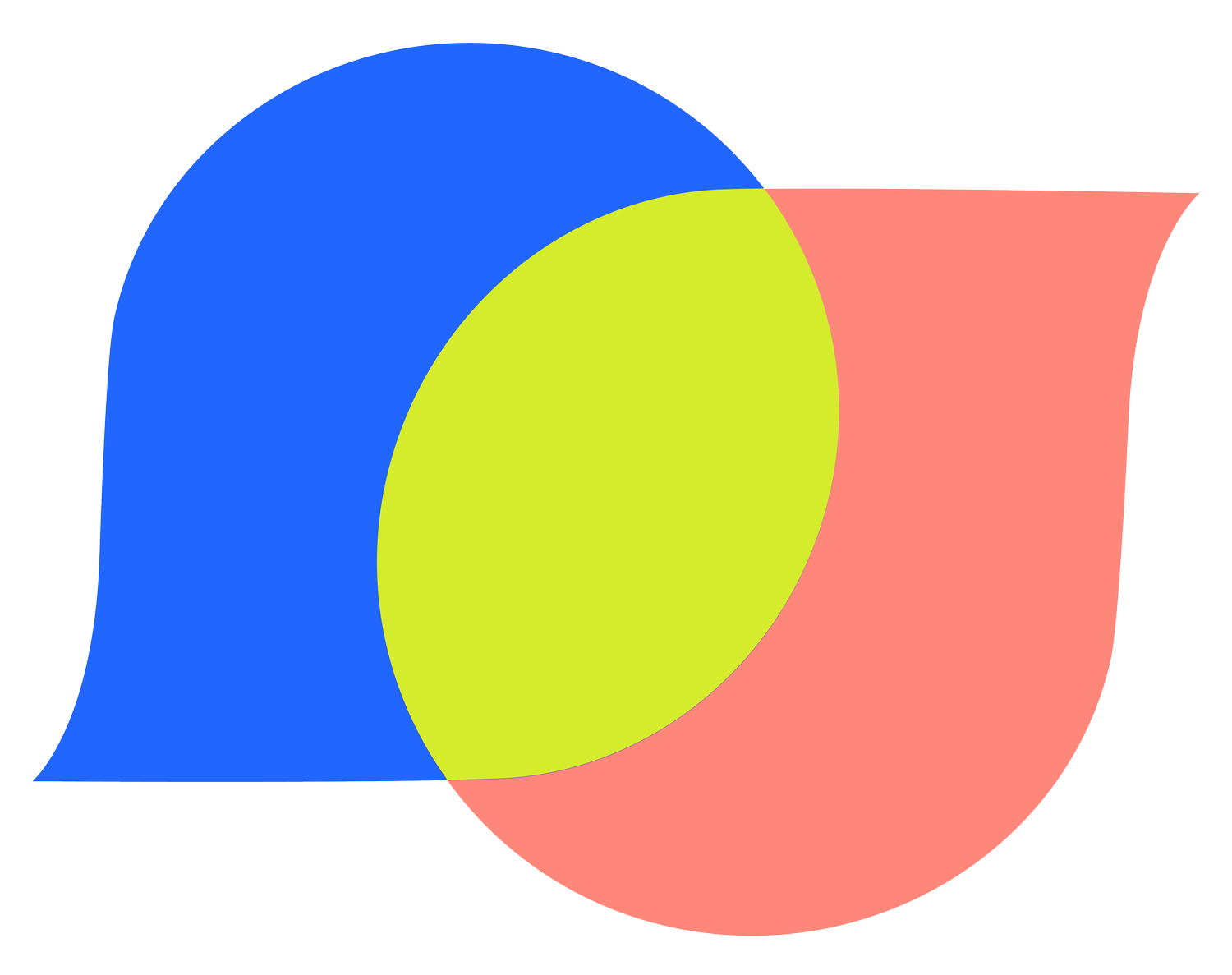Language Does More: Language People vs Math People
You might have heard a friend taking a math class complain that they “just aren’t a math person.” Often people will say that when it comes to math and language, they are better at one subject or the other. Is everyone either a math person or a language person?
In some ways, math and language are very similar. Both are systems that use symbols to communicate ideas and concepts. Math is sometimes even referred to as a universal language (after all, according to Kady Heron in Mean Girls, “it’s the same in every country”) or as the language of science. Maybe instead of there being math people and language people, we should expect math and language abilities to be closely linked.
Language (perhaps especially terminology) also plays an important role in learning and using math. Language is key for learning math, including cognitive (connecting math symbols and concepts with their meanings) and social (building skills by interacting with classmates and teachers) aspects of studying the subject. People who speak more than one language have been found to approach math problems differently, depending on the language of the problem. One study of adults in Luxembourg who were fluent in German and French found that participants used parts of the brain associated with visual and spatial processing to solve math problems in their weaker language. Another study of bilingual students in China found that students solved math problems faster in their first language. Math and language interact in complicated (and sometimes surprising) ways.
Different parts of the brain are typically involved in math and language processing. By imaging the brain while people read, it’s been found that the ventral stream (a pathway at the back of the head) is activated, as well as the parietal and frontal regions of the brain. Math skills are centered in the intraparietal sulcus, toward the back of the top of the brain. It turns out that since math and language processing happen in different brain regions, being “good” or “bad” at one subject isn’t much of an indicator of skill at the other. Instead, math and language abilities are both a product of our genes, environments, and motivation. People may be good at one subject or the other. They might also excel or struggle with both.
A study led by Sirui Wan at the University of Wisconsin found that students perceive themselves as “math people” or “reading people,” and these impressions get stronger as students progress through school. Whether someone thinks they are a “math person” or a “reading person” is based on which skill they are better in, not objectively how good they are at each. So someone who is good at math but got better grades in their language arts classes might think they are not a math person.
Gendered stereotypes also play into self-perception. When students think that boys are better at math or girls are better readers, they apply those expectations to themselves. One problem identified by Wan is that students make career choices based on their perceptions of their skills. If someone thinks they can’t be good at a subject needed for certain careers, they may close off options for their future.
Like all dichotomies, the one between language people vs math people is more complicated than it seems at a glance. Math and language use are interconnected and both subjects are used to communicate using symbols. But our brains process them in very different ways and how “good” we think we are at each isn’t always objective. Rather than being just a language person or just a math person, we all have a mix of both skills.

